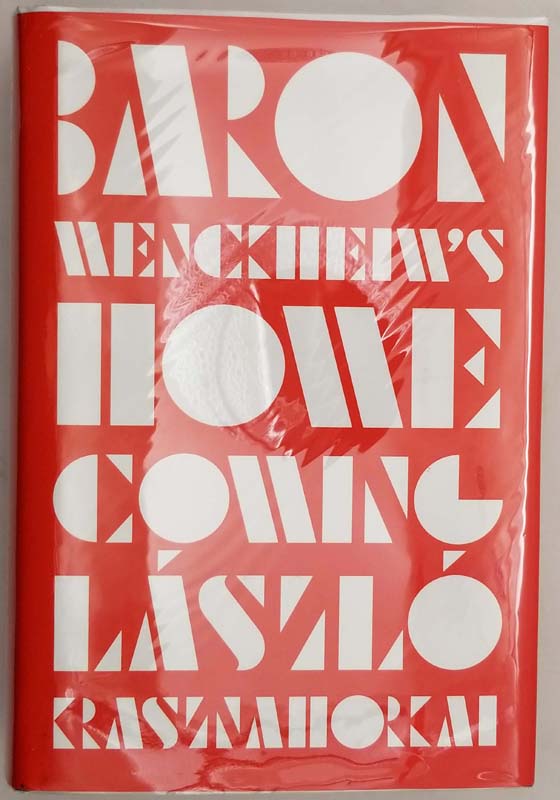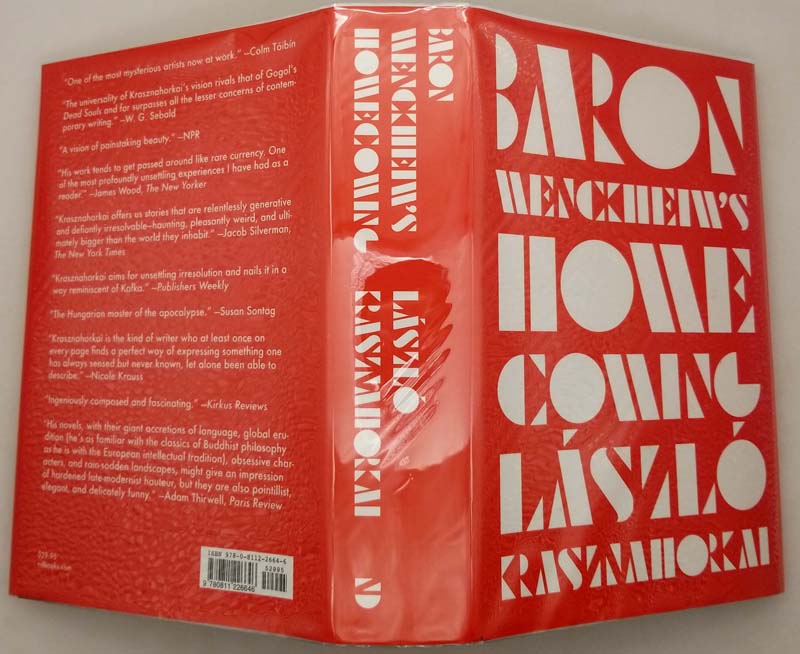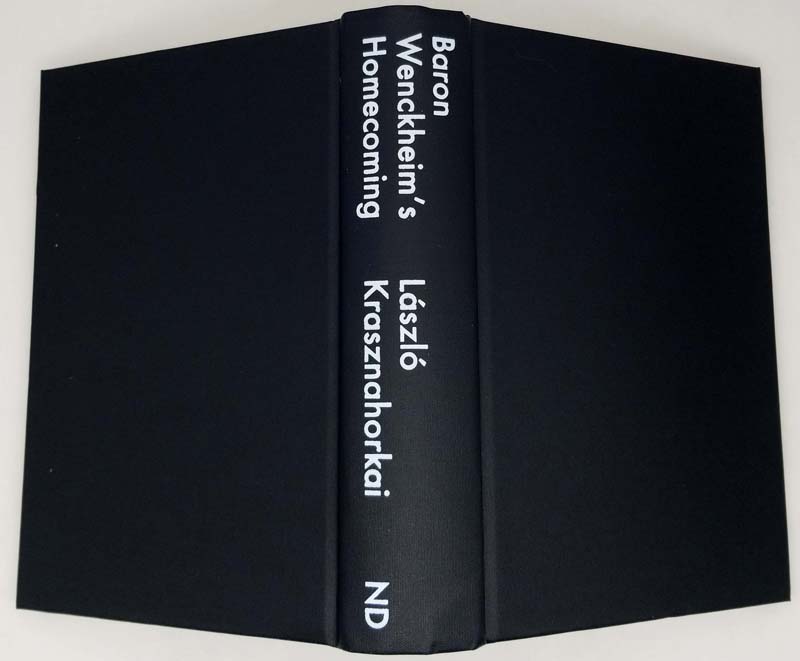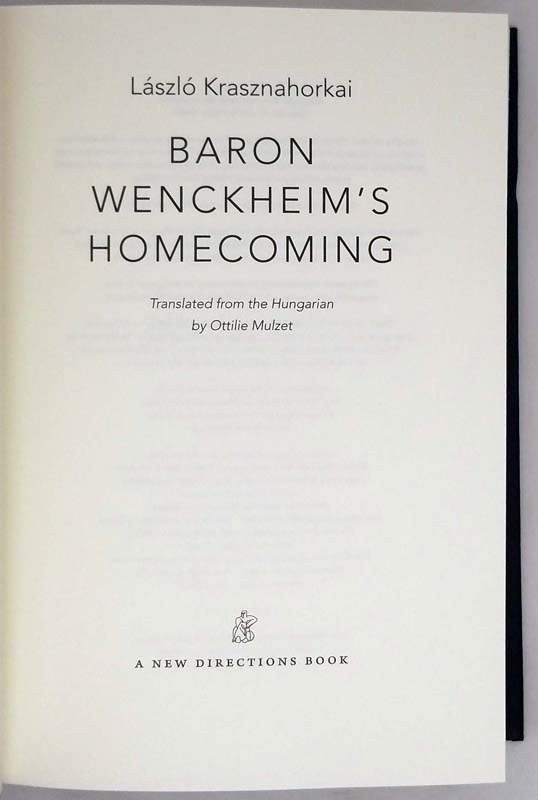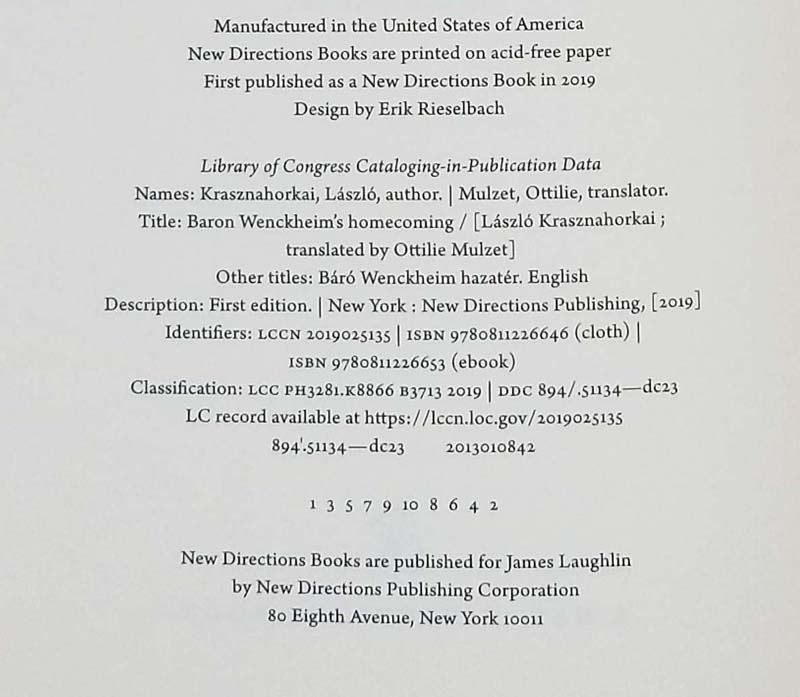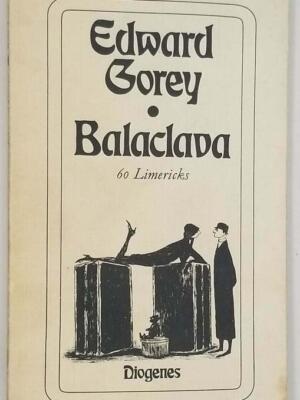Baron Wenckheim’s Homecoming (2016) by László Krasznahorkai is a monumental, apocalyptic farce that concludes the Hungarian master’s decades-spanning literary project. The novel follows the eponymous Baron, a debt-ridden, Mozart-loving aristocrat returning to his provincial hometown after decades in exile—a homecoming that ignites a chain reaction of chaos among the town’s grotesque inhabitants: a paranoid professor obsessed with moss, a self-proclaimed “Queen” of the train station, and a cult of fanatical soccer hooligans awaiting cosmic redemption.
Krasznahorkai’s signature labyrinthine sentences—pages-long torrents of paranoia and poetry—mirror the collapse of order as rumors of the Baron’s arrival spiral into violence, mystical fervor, and eventual conflagration. The novel is both a satire of post-Communist Hungary and a metaphysical inquiry into the nature of endings, weaving references from Bach’s fugues to the Book of Revelation.
A crowning achievement of contemporary literature, this Man Booker International Prize-shortlisted novel demands—and rewards—total immersion.
